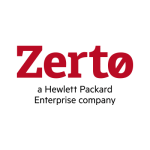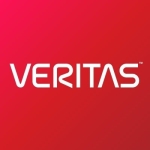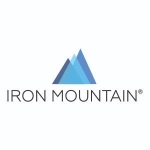The solution is primarily used to backup all infrastructure environments as well as the database.
The best feature of the solution is the user interface. It also offers a very simple audit from the utilization environment and has a very easy installation agent on record.
Rapid Recovery support is very bad. It's outdated and needs to be expanded.
Rapid Recovery can only backup the machine or disc, but it can't back up from folders, files, and things like that.
In a future release, I'd like them to offer more database support, file-level backup capabilities, and recovery, and a better support menu in the restoration environment.
I've been selling the solution for two years.
The solution is very stable.
Scalability on the solution is great, but you need more resources or to make more backups. You need some RAM memory, more space, to scale.
I've contacted technical support in the past if I've needed information or to find out if Rapid Recovery will be able to support some features. We've never had any problems with them before.
We previously sold Quest Results. It's from the same Quest software company. We switched because Quest is an enterprise-level backup solution. Rapid Recovery is a better small and medium-sized business solution.
The initial setup is very easy. It's not complex. Installation only takes maybe five or six minutes. Edge installation takes another five or so minutes as well, so you are up and running in ten minutes.
We handle the deployment.
I'm a distributor. I sell this solution to clients. We typically deal with the on-premises version of the solution.
The solution is a great backup for the retail environment. It's a simple installation as well.
I would rate the solution eight out of ten.














From what we hear, Quest is committed to continued support and development of AppAssure under a new name, Rapid Recovery 6.x which now includes both agent-based for physical servers and agent-less for virtual (VMware and HyperV) systems. Abtech has deployed many instances of Rapid Recovery and its associated software, NetVault. Both are included in Quest's Data Protection Suite and can be implemented on client servers or on Quest's purpose-build data protection appliances (DL4300.) www.quest.com